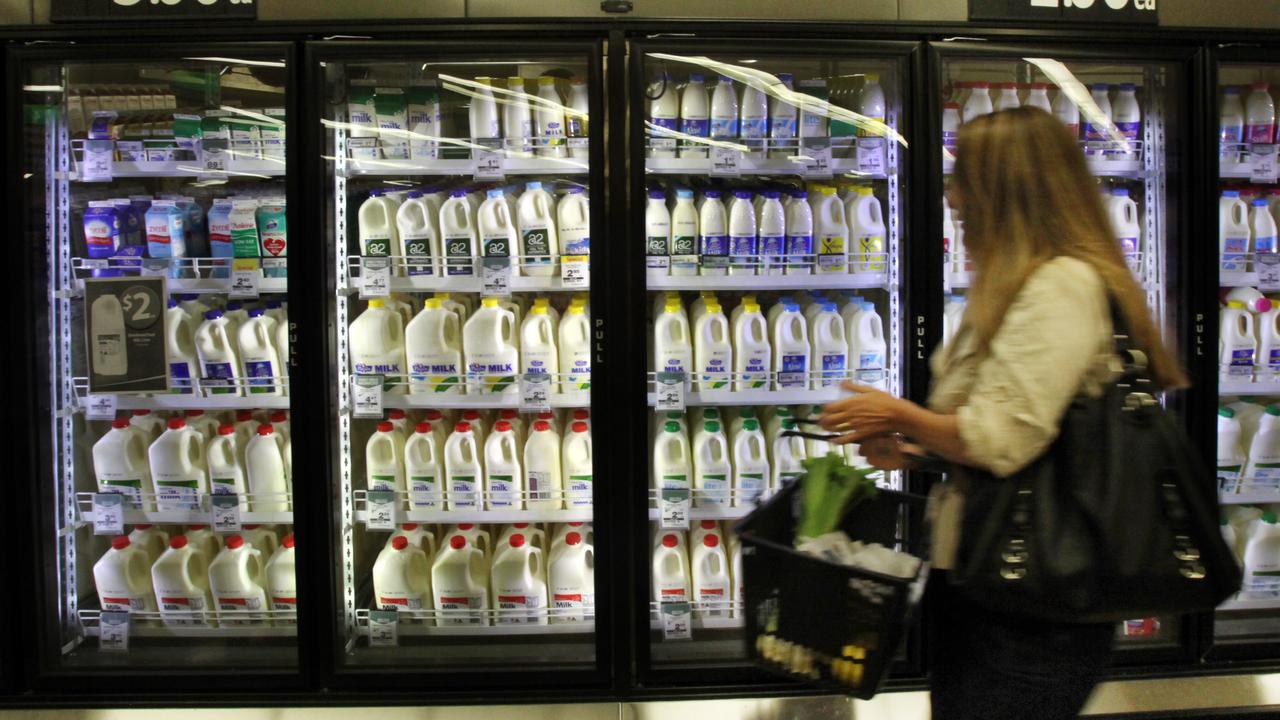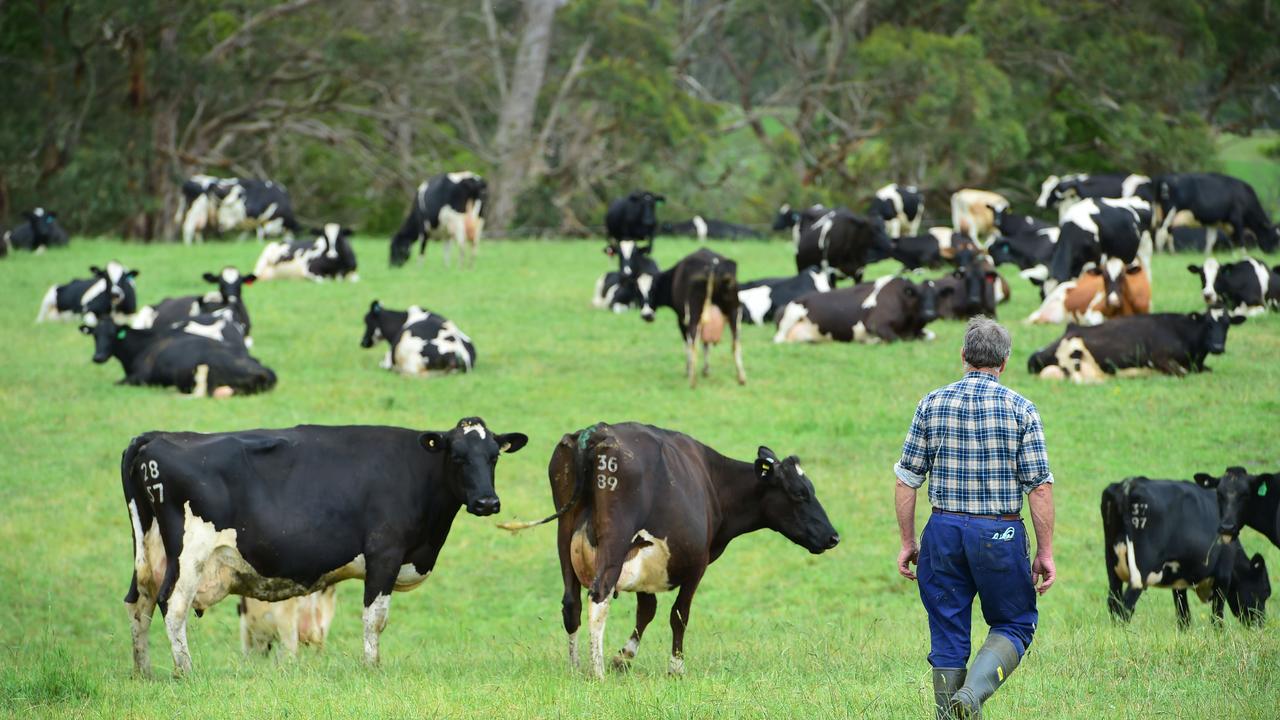Murray Goulburn: Sharks circling and put pressure on MG’s business
INSIGHT: WHO would have thought a once proud Australian dairy co-operative which had traditionally processed more than a third of the nation’s milk could spiral out of control in the space of about 16 months?
WHO would have thought a once proud Australian dairy co-operative which had traditionally processed more than a third of the nation’s milk could spiral out of control in the space of about 16 months?
The now infamous mantra of former Murray Goulburn managing director Gary Helou of paying dairy farmers a farm gate milk price of at least $6 a kg milk solids has come back to further haunt the dairy co-operative.
As MG found, you can’t pay dairy farmers a price unachievable on the global market.
Since MG made its disastrous announcement in April last year to lower its milk price to $4.79 a kg MS, it has bled milk suppliers.
As more suppliers left, the more difficult it has become to cover its overheads and pay a competitive farm gate milk price.
READ MORE: MURRAY GOULBURN RECORDS $371 MILLION LOSS
More than 400 milk suppliers have left the co-operative within the past year.
It now expects to receive only two billion litres.
A report by consultant Grant Samuel points out that MG cannot afford to lose another drop of milk to a competitor.
Grant Samuel said propping up the farmgate milk price to $5.20 to $5.50/kg of milk solids in line with its previous commitment was a key to its survival, and borrowing was possible within its existing banking covenants.
But the sharks are circling and will continue to put pressure on MG’s business.
Already, the company has received interest in assets on an “ad hoc” basis, according to MG chief executive Ari Mervis.
That includes buying the company in part or as a whole, and selling unwanted assets.
The Weekly Times is aware MG is considering selling unwanted assets — something it would never have done in the past for fear of its suppliers defecting. But beggars can’t be choosers and it probably should sell off what it can to prop up the business.
MG does not need to worry about suppliers leaving: they are leaving anyway.
Whether the co-operative has to sell the business is a complicated question. It is of most value as a whole.
But even if an attractive bid is received, getting it past a 90 per cent “yes” vote of co-op members is the first big hurdle.
Should a sale involve an existing dairy company in southeastern Australia, the next hurdle revolves around the Australian Competition and Consumer Commission forcing a spin-off of some factories.
And if a foreign buyer emerges, the Foreign Investment and Review Board will have a say.
The Archer Daniels Midland takeover attempt of GrainCorp showed nothing is a fait accompli if there is enough agitation by farmers.
Murray Goulburn gives the impression there is a shark-proof net protecting it at the moment.
Whether there are any holes in the net remains to be seen.


